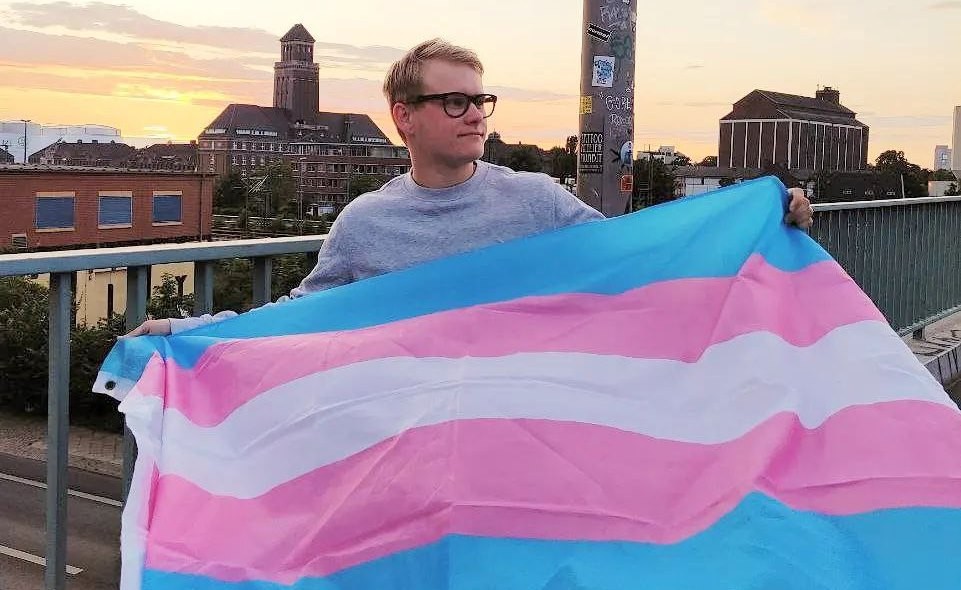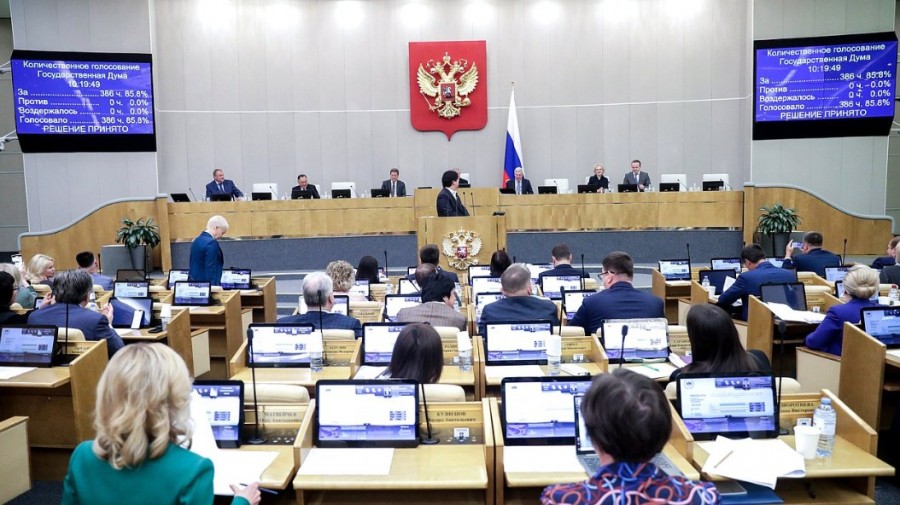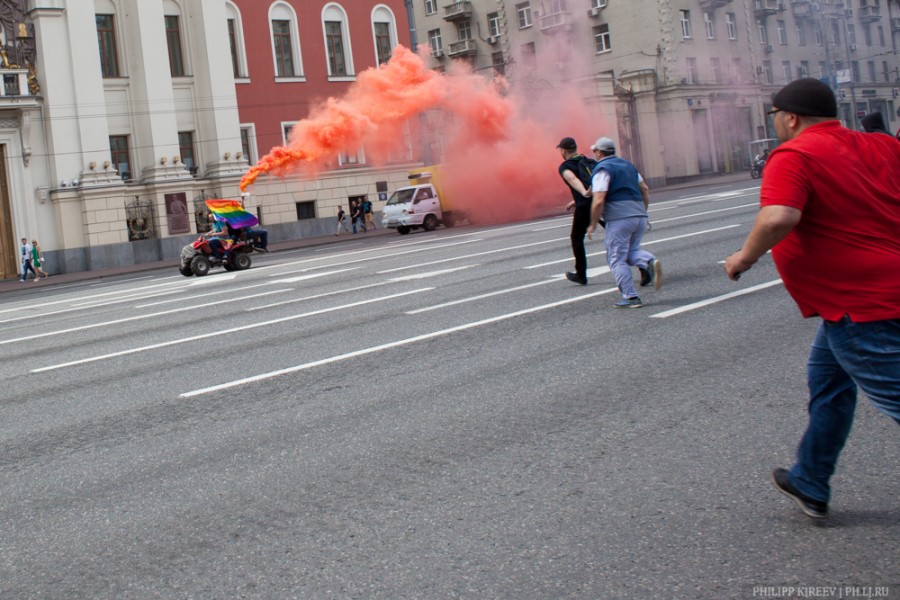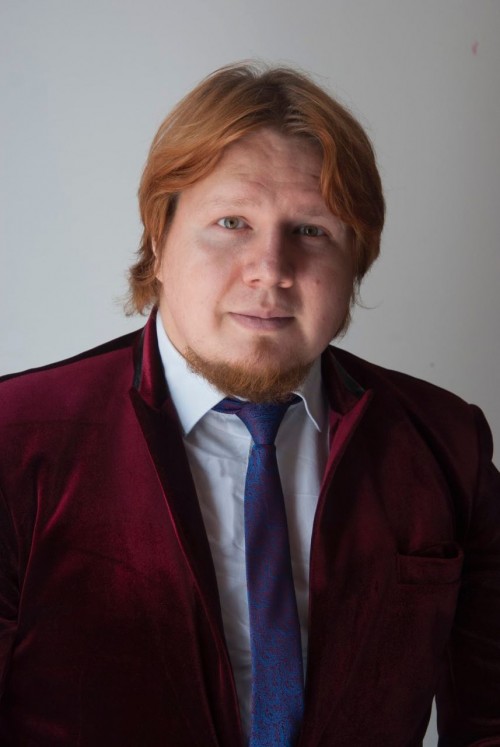
“Panic, people are depressed, life has collapsed.” Transgender people on "sex change" ban in Russia
ADVERTISEMENT
“I’m in a terrible state of mind and I can’t say what I’ll do next now that this law is passed,” a trans man Matt from Moscow says to The Barents Observer. “The whole life, all the plans are turned upside down. I’ve consulted with a psychiatrist: somehow now I need to … roughly speaking, not to noose myself. Although I am perfectly aware that this state would only be happy if we all died.”
Matt is one of those people who hasn’t yet managed to make a transgender transition, and now does not know what to do next.
“I only managed to get certificates that are now totally useless,” says Matt. “I got stuck at the stage when everything was shut down. They will not change my documents, no endocrinologist will be able to legally prescribe drugs for me. At the same time, some people did not even pass the commission. And someone’s documents are in the process of re-registration, and nobody knows whether it will be completed.”
According to Russian rules, the first stage of gender change is a commission made up of a psychiatrist, psychologist, sexologist and other specialists who decide whether a person is a trans person. After that, an application is submitted for a change of documents like birth certificate and passport. At the same time, actions are taken that lead to physical changes: a person goes to an endocrinologist, and they are prescribed hormonal drugs based on the same medical statements.
Naturally, it’s panic, people are depressed,” Matt continues. “I myself am now taking antidepressants, but I’m in a general state of complete mental anguish. It’s taken many people years to get to this – some have been saving money, others could not make the decision because of life circumstances. And they all have found themselves in this situation – something that was the basis of their life just collapsed. And it is not clear how they should continue to live their lives.”
“Legal thinking where personality means nothing”
“Why is this being done?” writes in his telegram channel one of the sponsors of the law, Vice Speaker of the State Duma Pyotr Tolstoy of the “United Russia” party. “We are preserving Russia with its cultural and family values and traditional customs for future generations by putting up a barrier to the penetration of Western anti-family ideology… The Western transgender industry is trying to seep into our country too.”
Vladimir Komov, senior partner of the DELO LGBT+ human rights initiative, says 900 people applied to the registry offices in Russia with a request to change their gender marker over the past year. A year earlier, the figure was lower – 500 people. However, human rights activists says that the new law discriminates not only this group of people, it may have far reaching implications well beyond its limits.

ADVERTISEMENT
“This paves the way for such bills as the ban on abortion in our country and the emergence of cases of punitive medicine,” says lawyer Vladimir Komov in an interview with The Barents Observer. “Undoubtedly, the impact of this law will be much wider than a specific social group.”
This law is a manifestation of a new legal thinking, where the individual means nothing compared to the interests of the state, where you can openly say that ideology dictates that doctors refuse to help in spite of all oaths and the need to save people’s lives,” Vladimir continues. “No health worker can now provide necessary assistance to trans people: from prescribing hormonal drugs to talking about the possibility of a sex change.”
“Our team believes that these laws are adopted with geopolitics in mind. For the sake of some diplomatic games that our government is playing with the aim of “creating a bipolar world” and leading a kind of “traditionalist camp”. The authorities see the LGBT movement as a threat to the constitutional order.”
“Life turns into an empty existence, into an attempt to survive, without love and without family”
Transwoman Alisa Vasilyeva from the Moscow region has already completed her gender transition. She told The Barents Observer that she still had a year’s supply of medicines. Alisa is sure that the law will affect the entire Russian society: trans people will be treated even worse, discrimination will intensify, and there will be more persecution and harassment. Similar concerns are expressed by lawyer Vladimir Komov, who has documented an increase in violent crimes against trans people in Russia.
Alisa told The Barents Observer that she herself had been a victim of violence:
I ran away from home at 17 because I was afraid that my mother and my stepfather would kill me. They found out I was trans. On the same night, my mother came to my room, broke the mirror and forced me to walk on this glass. She tried to cut me with scissors; I knocked them out, and then she scratched me so hard with her nails that I still have scars on my arms and legs. I ran away and I have never seen my mother since. I have no contact with her.”
Alice explains why trans people, who are unable to make the transition, sometimes find the most terrible way out of the situation: suicide.
“You kind of wear a costume, play some role. An obligation you can’t get out of. You look in the mirror, but you don’t see yourself. Someone can live like this, but someone needs to change their gender, and if they cannot do this, it comes to suicide,” she says.
“It’s like you’re looking at the world through a noose, and every year this noose tightens. And if there is no way to remove it, that is to undergo a series of operations and hormone therapy, eventually the noose will tighten completely,” says Richard Blake, a trans man who left Russia after being beaten in 2015. “Now, it turns out that people basically do not have any human rights at all. Life turns into an empty existence, an attempt to survive, without love and without family.”
Richard’s life was also in danger because of the intolerance of those around him.
“There was a lot of harassment, discrimination, all the way to attempted murder. Several times a neighbor attacked me with a knife, beat me up on the street, there were endless anonymous threats … And I really wanted to live. Therefore, there can be no question of returning to the Russian Federation, except perhaps in some kind of nightmare.”

“There is only a damp cage and a bottom”
Another trans man, Andrei (not his real name), a native of Petrozavodsk, also mentioned the image of the noose in a conversation with The Barents Observer. He moved to Europe with his wife and child a few years ago.
“Everything that transgender people have worked so hard to achieve will break down. There will be no support, there will be no way to get medicines. For those who do not have the opportunity to travel abroad and to buy medicines, there is only one choice – a noose, no matter how harsh it may sound.”
“I don’t even think about returning to Russia. If I came back, my marriage would be dissolved by law. Perhaps I would be deprived of my parental rights… For trans persons who remain in Russia the only way out is to run: jump onto the last car of the departing train and look for any way out. There is only a damp cage and a bottom.”
“It feels like I’m on Noah’s Ark, sailing away from people who can’t make it. There’s even some shame: that you’ve made it, while others haven’t,” says Jay Alberg, a trans man and LGBT activist from Karelia. He moved to Europe in 2021. “The hatred of the Russian state seeps down, the state shows with this transphobic law that trans people are subhuman, which increases the likelihood of hate crimes and worsens the attitude towards trans people.”

Jay emphasizes that restricting access to normal medical care pushes trans people to illegal ways of obtaining medicines. And this is Scylla and Charybdis with the risk of being in prison on the one hand and the risk of poor health on the other.
“There is criminal liability for the illegal purchase of medical drugs,” Alberg says. “Also, every trans person needs to be followed up, blood tests must be done to monitor hormone levels. And it’s as clear as day that you may run into health problems if you do it with unknown substances.”
“Can’t sit it out”
“It is also important that in Russia trans people are treated as legally incompetent due to their psychiatric diagnosis. And this leads to the ban on taking guardianship of children,” continues Jay Alberg. “At the same time, according to the new International Classification of Diseases, transsexualism is not a diagnosis. The situation may worsen in the future with a ban on parenthood on the horizon. The bill does not mention this, but there have already been cases when people have been threatened that their own children would be taken away; the new rules will exacerbate that.”
“The law uses a concept of “sex change”, says human rights defender Vladimir Komov. “We as lawyers believe that this will be interpreted almost indiscriminately by the child protective services. Someone comes to them in jeans – that’s it: jeans are not women’s clothing. And they can claim that a person has changed their sex, and that person will have to prove the opposite.”

“On the day the law was adopted, some lawmakers said that those who had already adopted would not have their children taken away. The law does not provide for such a mechanism. But there are many other restrictions for this. Yan Dvorkin (the head of the T Center) had his child, whom he had taken care of for 4 years, taken away. This is a heinous violation.”
“Everything that is happening now mobilizes the LGBT community, but on the other hand, no one will be able to sit it out. Before that there were hopes: like you keep a low profile and everything in your life will be fine. And now there is a law that affects every trans person,” Komov said.
ADVERTISEMENT
The Barents Observer Newsletter
After confirming you're a real person, you can write your email below and we include you to the subscription list.




